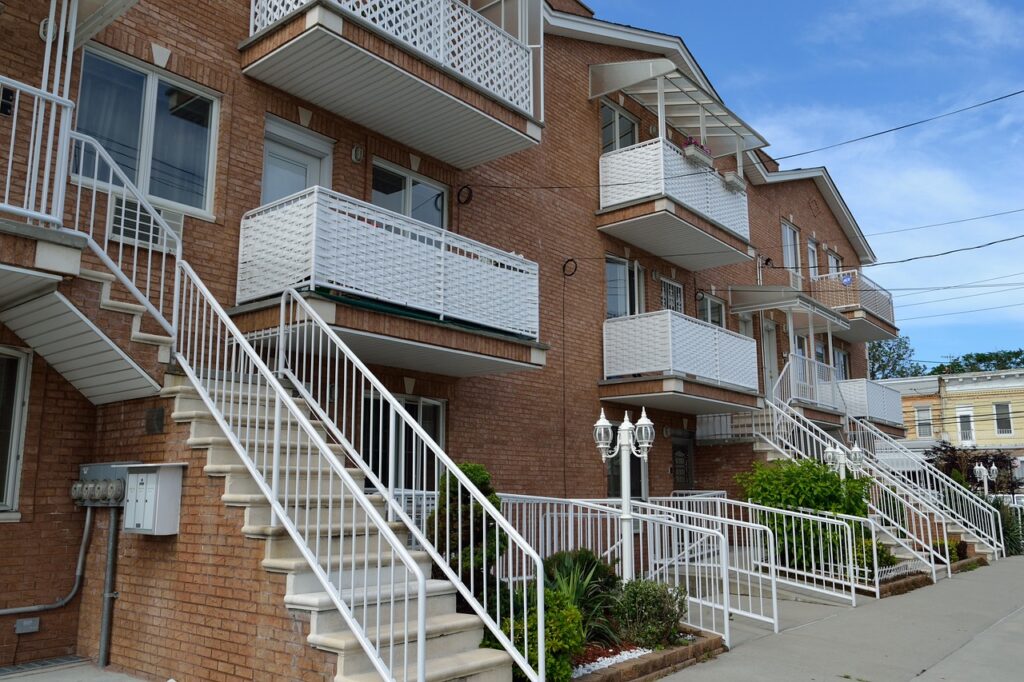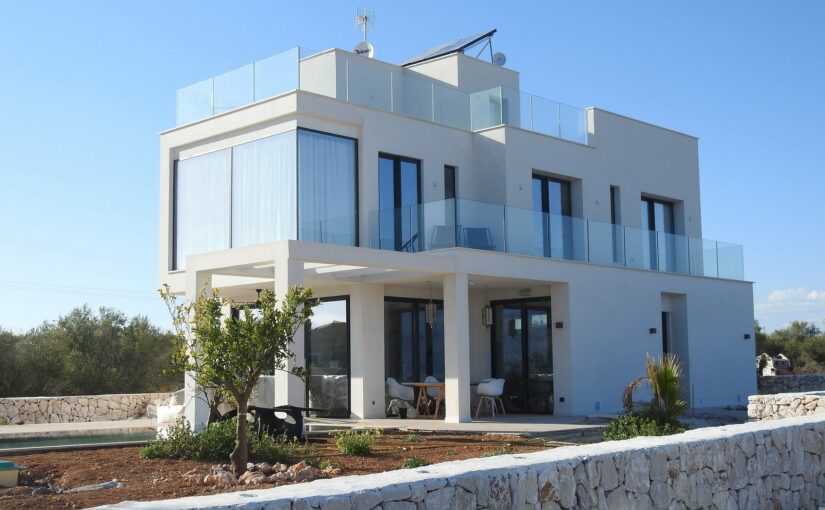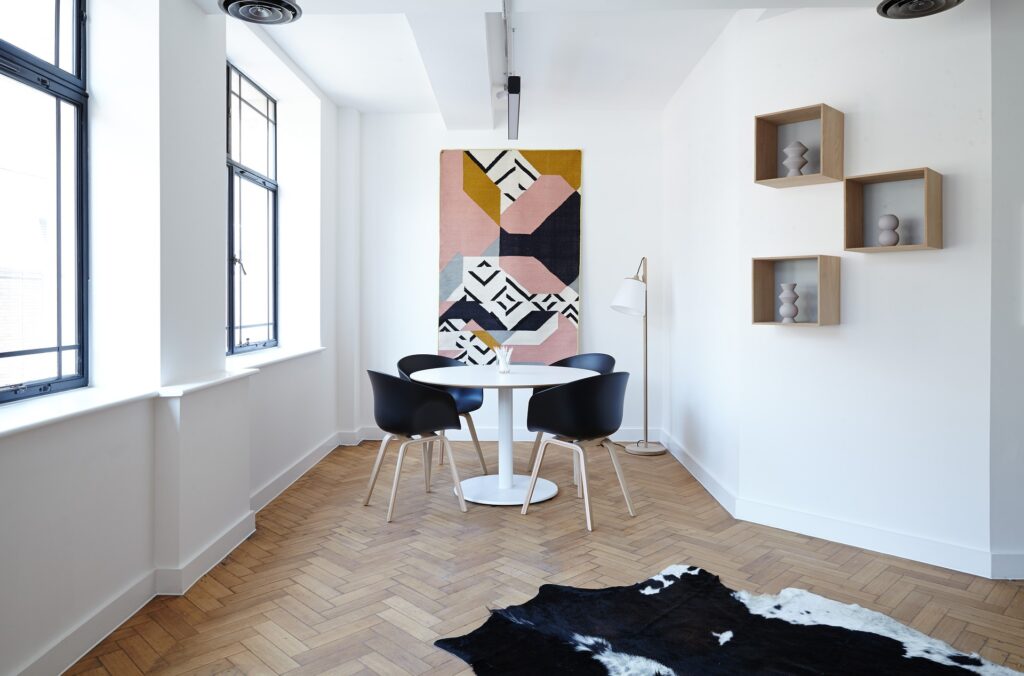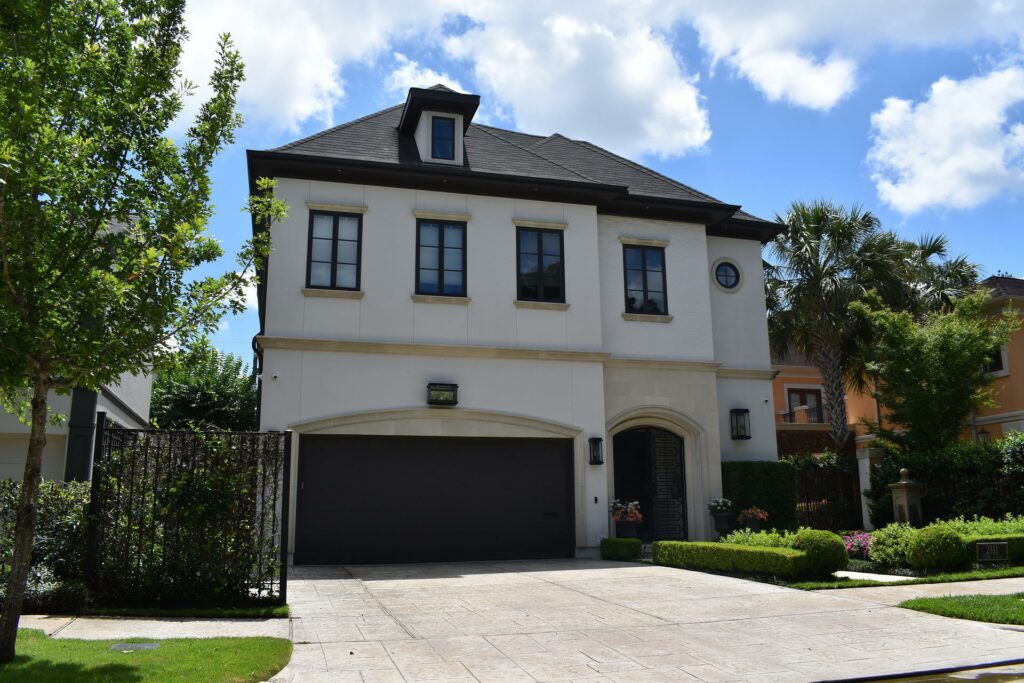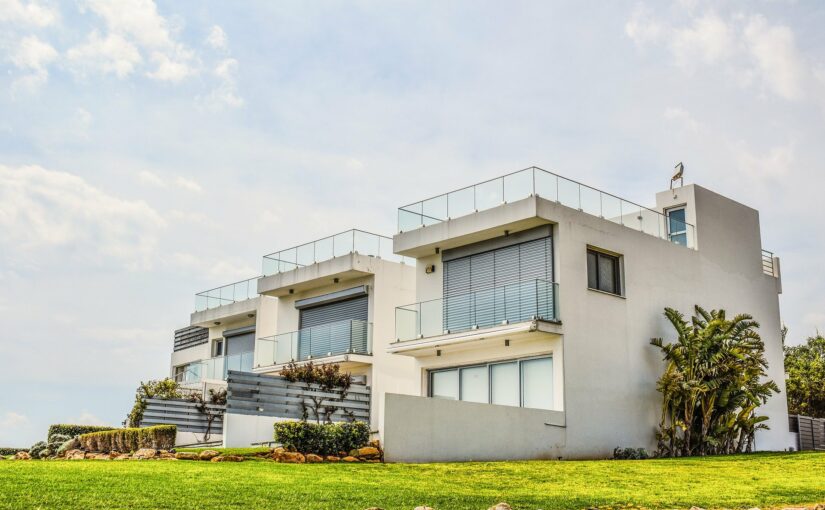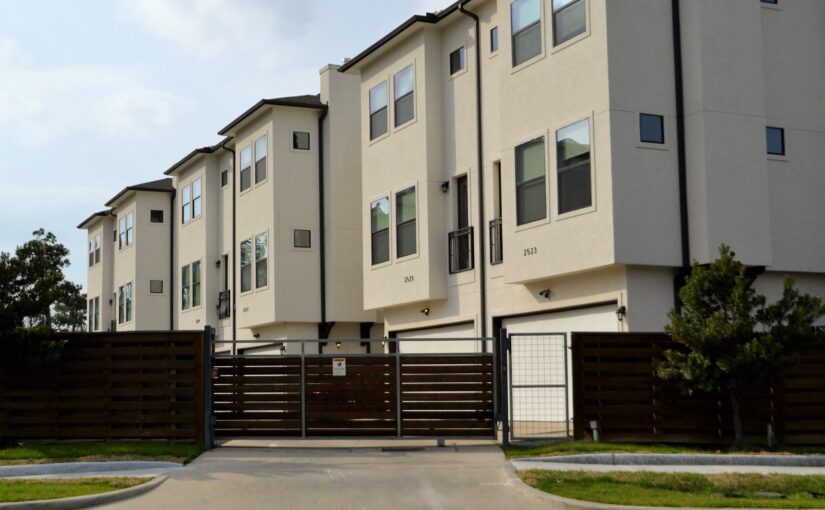Planning a housing estate can be an exciting and rewarding venture, whether you’re a developer or just exploring the idea for your community. Here’s a simple, guide to get you started on this journey, covering everything from initial planning to budgeting, land selection, and choosing house types.
Step 1: Planning Your Housing Estate
1. Define Your Vision First, outline your vision. What kind of community do you want to create? Think about the demographics you aim to attract. Are you building for families, young professionals, retirees, or a mix?
2. Research and Regulations Understanding local zoning laws and regulations is crucial. Check with local authorities about building codes, environmental regulations, and any restrictions that may affect your project.
3. Draft a Master Plan Create a master plan that includes the layout of streets, utilities, green spaces, and amenities. Consider aspects like traffic flow, accessibility, and the overall aesthetic appeal of the estate.
4. Hire Professionals Consult with architects, urban planners, and engineers to refine your plan. Their expertise will ensure that your vision is practical and meets all regulatory requirements.
Step 2: Budgeting Your Project
1. Initial Budget Estimates Start with rough estimates for land acquisition, construction, and infrastructure development. Factor in costs for legal fees, permits, and professional services.
2. Detailed Cost Breakdown Break down your budget into specific categories such as site preparation, building materials, labor, and landscaping. Include a contingency fund for unexpected expenses, typically around 10-20% of your total budget.
3. Financing Options Explore financing options such as bank loans, investor funding, or partnerships. Present a solid business plan to potential financiers to secure the necessary funds.

Step 3: Choosing the Land
1. Location, Location, Location The success of your housing estate heavily depends on its location. Look for land for sale that is accessible, has good transport links, and is close to essential services like schools, hospitals, and shopping centers.
2. Site Evaluation Conduct a thorough site evaluation to assess the land’s suitability. Check for soil quality, drainage, flood risk, and any environmental concerns.
3. Land Acquisition Negotiate the purchase of the land. Ensure all legal aspects are covered, including title deeds and land use permissions.
Step 4: Selecting House Types
1. Market Research Analyze what types of houses are in demand in your chosen location. Single-family homes, townhouses, and apartments all have different appeals.
2. Design Variety Offer a mix of house types to cater to a broad range of buyers or renters. Incorporate various sizes and layouts to provide options for different needs and budgets.
3. Sustainable Designs Consider sustainable building practices. Energy-efficient homes not only attract environmentally conscious buyers but also reduce long-term operational costs.
Step 5: Construction and Development
1. Infrastructure First Start with the development of infrastructure such as roads, water supply, sewage systems, and electricity. This sets the foundation for the subsequent construction of homes.
2. Phased Development If you’re working on a large estate, consider phased development. This approach allows you to manage resources efficiently and adapt to any changes in market demand.
3. Quality Control Ensure high standards of construction by regularly inspecting the work. Hiring a reliable construction manager can help maintain quality and adhere to timelines.
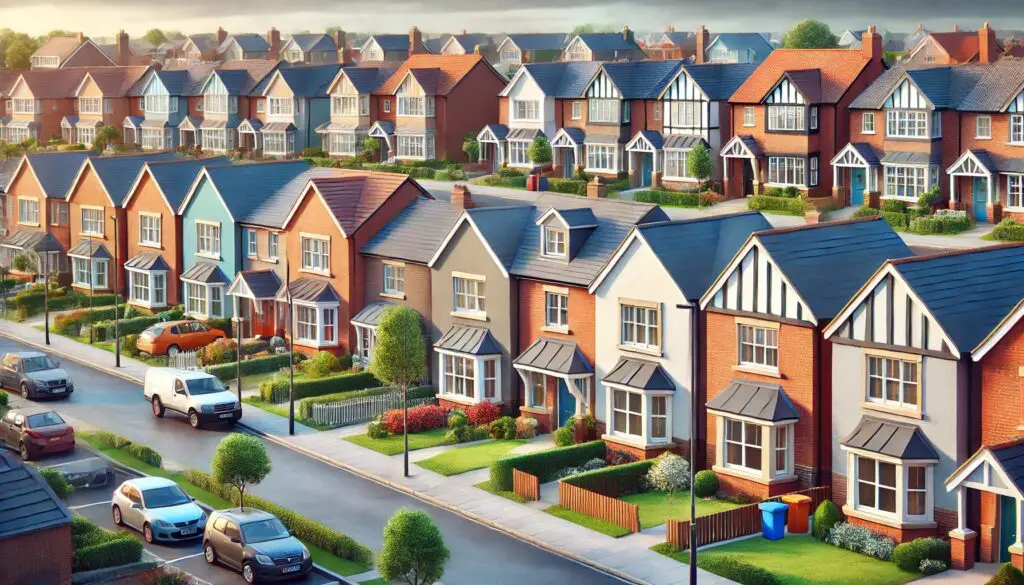
Step 6: Marketing and Selling
1. Marketing Strategy Develop a marketing strategy to attract buyers or renters. Utilize online platforms, local media, and open house events to showcase your properties. Don’t forget to give your housing estate a nice name that appeals to buyers.
Examples: Silver Brook Park, Riverstone Village, Emerald Gardens.
Or if you like to highlight the South American heritage think about names like Buena Vista Gardens, El Dorado Estates, Jardins da Periquita…
2. Customer Engagement Engage with potential customers by providing excellent customer service. Offer detailed information about the properties and the benefits of living in your housing estate.
3. Sales Process Streamline the sales process by offering flexible financing options, clear contracts, and a smooth handover procedure.
Conclusion
Building a housing estate is a complex but fulfilling adventure. By following these steps and planning carefully, you can create a thriving community that meets the needs of its residents. Remember, the key to success lies in thorough planning, budgeting wisely, choosing the right location, and offering diverse and sustainable housing options.


